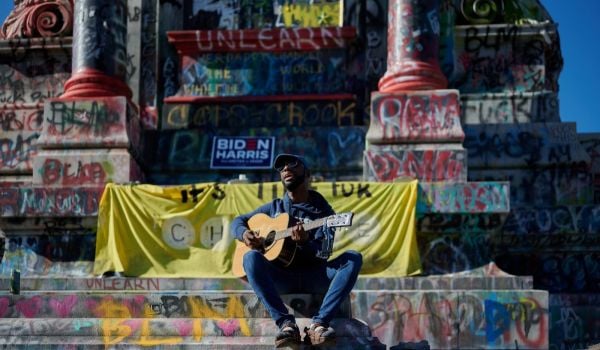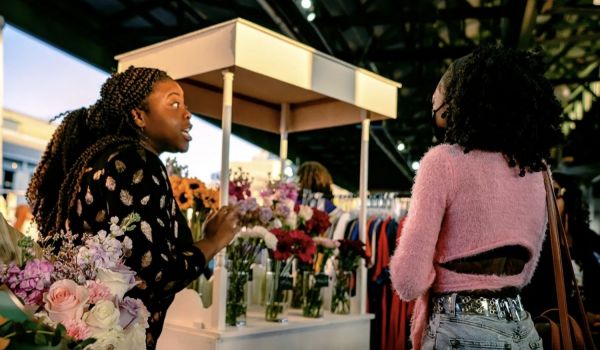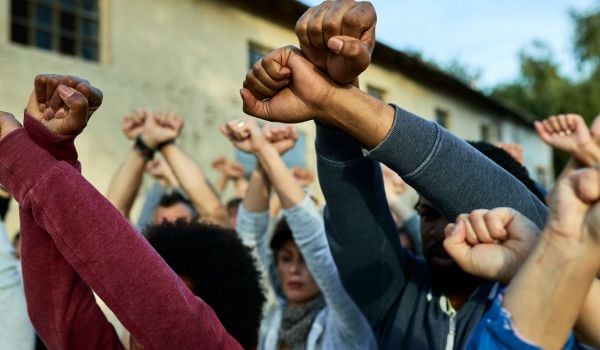Black Americans Are 16x More Likely to Be in Third-Generation Poverty than White Americans
A new Brookings report finds that multigenerational poverty is much more likely to affect Black Americans than white Americans. One in five Black Americans are experiencing poverty for the third generation in a row, as opposed to one in 100 white Americans.
Researchers believe this Black-white gap in multigenerational poverty is the result of the relatively low income rates of earlier generations, limited upward economic mobility, and a downward mobility rate that is higher for Black people than their white counterparts. The findings conclude by indicating that the aforementioned racial gap has increased as time passes on, showing the persistence of economic injustice in the nation today.
Black-Owned Media Collective Forms to Push Corporations to Put Their Ad Money Where Their Mouths Are
Group Black Inc., a new Black-owned media collective, launched Tuesday with the goal of attracting ad spending from companies that say they want to diversify their advertisements, according to the Wall Street Journal.
The launch comes as companies face public pressure to show support for the Black community after the murder of George Floyd last year. Many companies pledged to invest millions in Black communities, but the money has been slow to materialize, Fortune reported in May, and ad spending in Black-owned media is no exception. Public figures like Sean ‘Diddy’ Combs and media mogul Byron Allen have previously voiced their anger with corporate America as they have historically failed to invest in Black-owned media.
Group Black Inc. plans to help advertisers spend $500 million with Black-owned media companies, Exchange Wire states, and will “launch an accelerator… Group Black Ventures, for equity investments and touring.”
Pandemic Births Record Numbers of Black-owned Businesses
The past year saw a significant increase in the number of “new Black-owned businesses proportionate to the total population than at any time” in the last 25 years, according to the Los Angeles Times.
The data is based on the Kauffman Foundation’s annual study, where 380 out of every 100,000 Black adults launched their own businesses during the pandemic, as opposed to the 240 that had done so in the last two years.
These statistics reflect the need for Black workers to turn to entrepreneurship, as Black unemployment rates are higher than that of their white counterparts. “Necessity” businesses tend to have higher failure rates than “opportunity” businesses, the LAT said.
Black-owned small businesses have also had a tougher time during the pandemic, as an H&R Block survey found that 53% of Black business owners had their revenue decrease by 50%, compared to the 37% of white owners, as reported by CBS News.
This article is part of The Bottom Line, a series exploring scalable solutions for problems related to affordability, inclusive economic growth and access to capital. Click here to subscribe to our Bottom Line newsletter.

Solcyre (Sol) Burga was an Emma Bowen Foundation Fellow with Next City for summer 2021. Burga graduated from Rutgers University with a degree in political science and journalism in May of 2022. As a Newark native and immigrant, she hopes to elevate the voices of underrepresented communities in her work.
.(JavaScript must be enabled to view this email address)


















